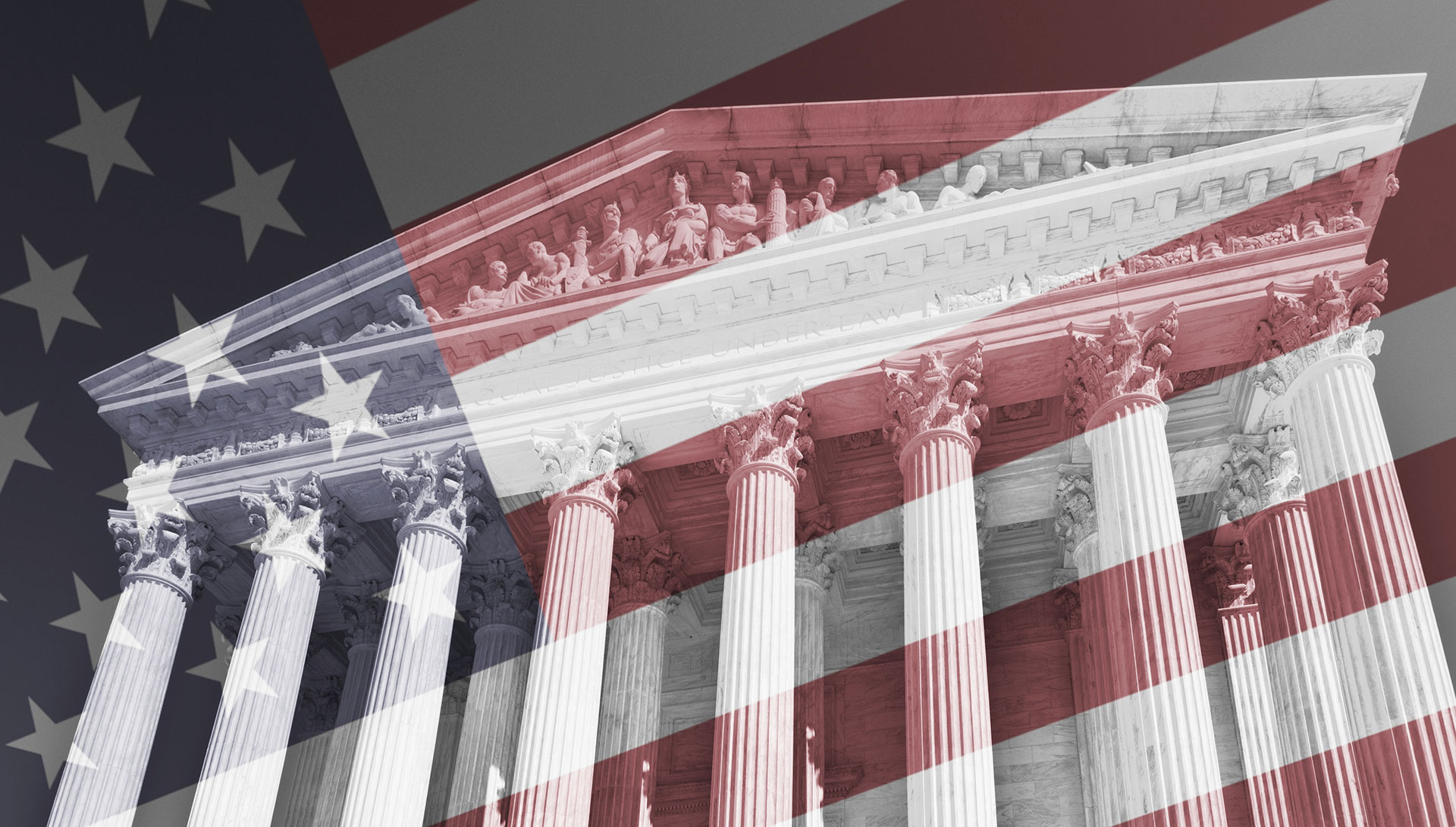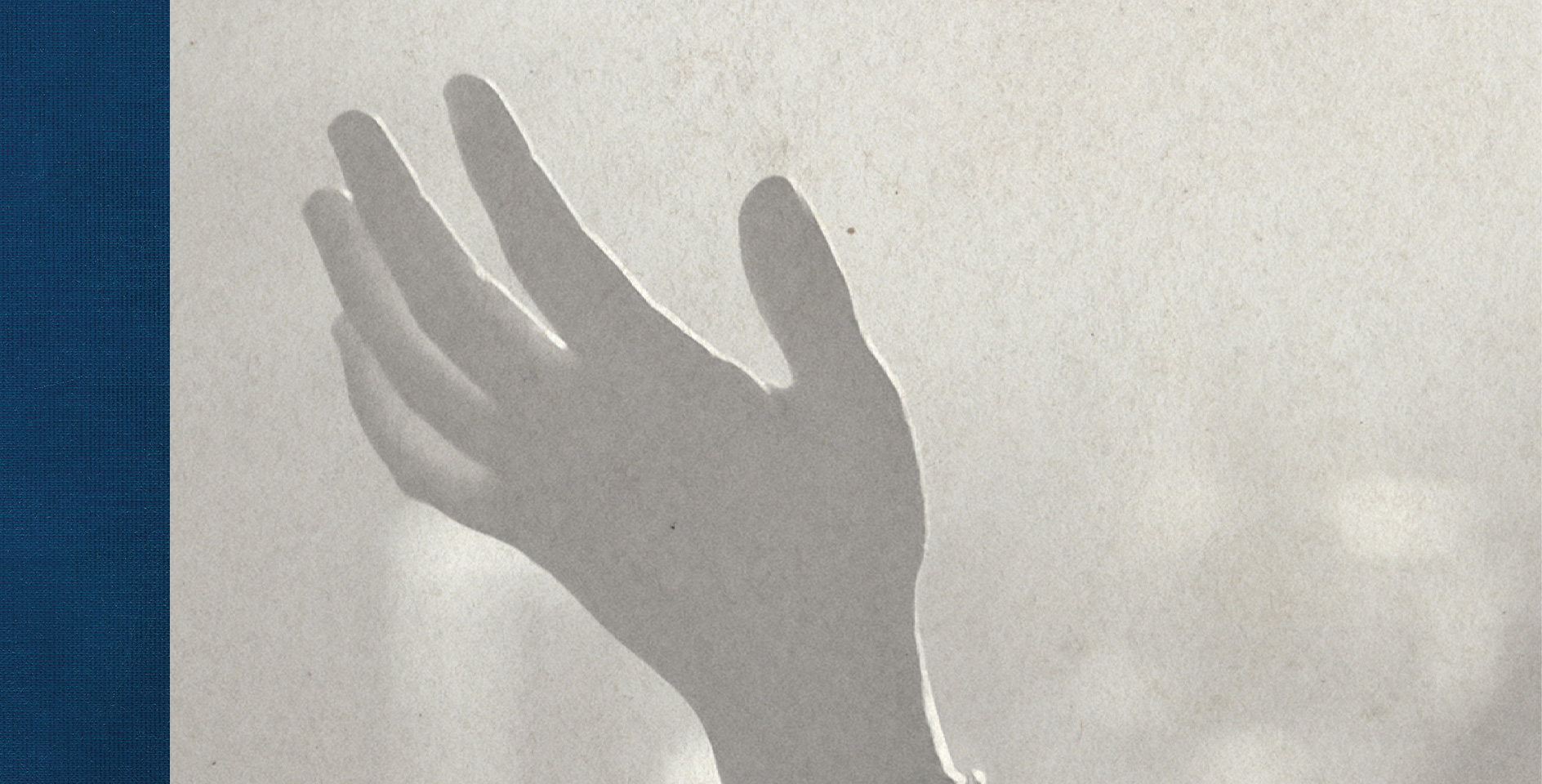My grandmother on my mother’s side was born on Zakynthos, a small Greek island in the Ionian Sea. I was raised Greek Orthodox and will always remember her telling me the story of the patron Saint of the island, Saint Dionysius. A man approached Saint Dionysius begging for his help because he had just committed a murder, and the family of the person was looking for him. St. Dionysius realized it was his own brother whom the man had killed. Even in his pain and grief, he hid the man from those pursuing him. After scolding him, he forgave him and sent him away without harm. The man who committed the murder later became a monk at the same monastery as Saint Dionysius.
The moral of the story was that even in times of grief and anger, as Christians, we should find a way to forgive and love those who have wronged us and give them a chance at redemption as we are all created in God’s image.
I would hear these wonderful stories of forgiveness by these saints from my family and the church, then turn on the news and applaud “tough on crime” laws that would send millions to prison for decades without a hint of irony. I always thought long sentences for those who broke the law were just and never stopped to think what the implications behind them would have on public safety, their families, and themselves on their path of redemption. “Lock em up and throw away the key” was my stance, not ever thinking how that flew in the face of what the church has taught me.
Then a moment changed my view. I was working at the U.S. Pardon’s Office during law school and remember a petition for a reduction in sentence from a former Marine who got strung out on pain pills after tearing his ACL in Afghanistan. He did a very bad thing and robbed three pharmacies for more pills while claiming to have a gun. The minimum sentence he would have to serve was 55 years. He was a married father of two and a member of our military. Did he deserve to be punished? Absolutely. However, was 55 years, essentially a life sentence, necessary to accomplish this goal? Was throwing this life away, destroying his family, and removing any chance of redemption going to make us safer and better off as a society? I’d say no.
This case changed my trajectory. I began to pore over countless other petitions that shared a similar story—life after life given up on for a transgression, often committed at a very young age. I began looking at our system as a whole and the efficacy of these laws. I quickly found out that not only was this country giving up on human beings by the millions, it was doing very little in terms of public safety and was destroying the family unit across the country.
I then learned that of all places, “tough on crime” Texas was doing something about it. They learned that providing more treatment, discretion in the criminal justice system, forgiveness, and second chances would produce better outcomes. Since implementing significant reforms in 2007, Texas is at some of its lowest incarceration rates in decades, as well as its lowest crime rates and recidivism rates in decades.
I now work for Right of Crime, a project of the Texas Public Policy Foundation, a group that was at the forefront of these reforms in 2007. We have worked in over 35 states and Congress advocating for similar measures that brought better results to Texas’ criminal justice system, while bringing more families together and providing better chances to make a human life whole again.
There are many practical reasons to support the reforms that have worked in Texas and across the country to our criminal justice system. They help reduce the chances that someone will commit another crime, cost less money and are more effective than the status quo, put victims’ rights at the forefront of the criminal justice system, and increase the offender’s personal responsibility. What drives me to advocate for these reforms, however, is my faith and what the church has taught me—every life is valuable.
By providing alternatives to prison for certain offenders, increasing treatment and programming within the prison for those who need to be there, looking at ways to safely reduce certain sentences, allowing individuals to spend their prison time closer to home and increasing communications with their loved ones, and removing barriers that hold them back from achieving success on the outside, we can treat people with dignity while facilitating a second chance at a full life.









